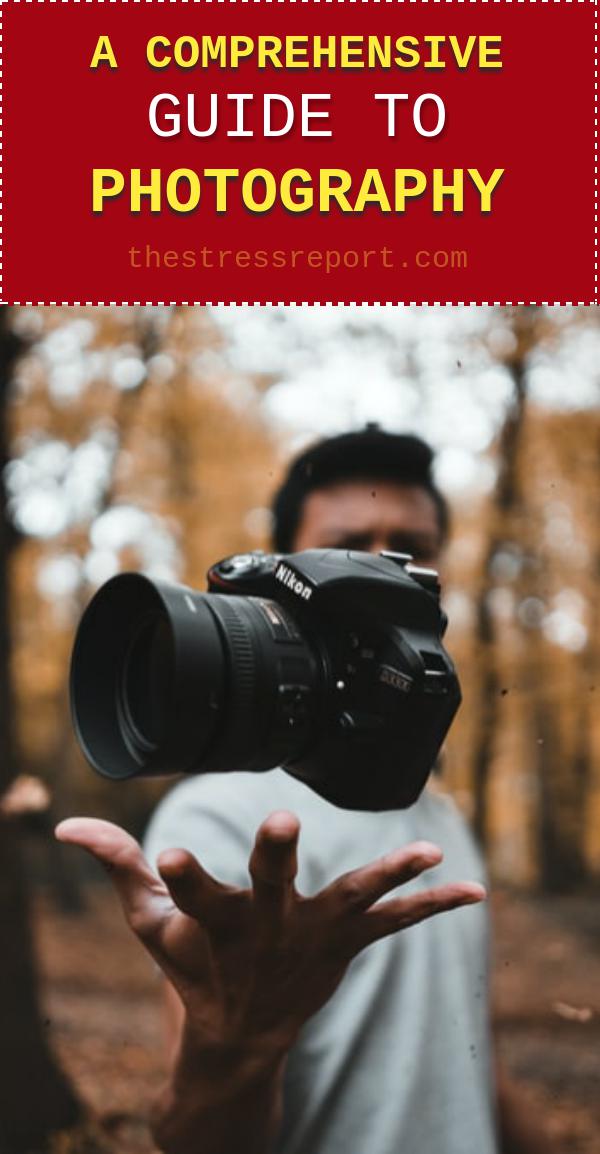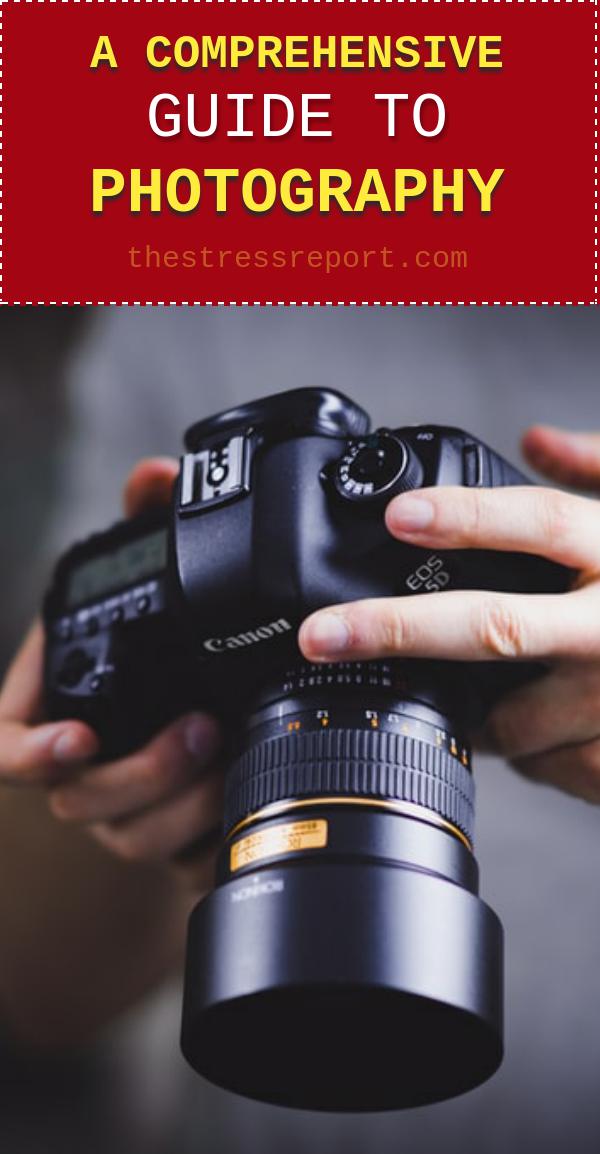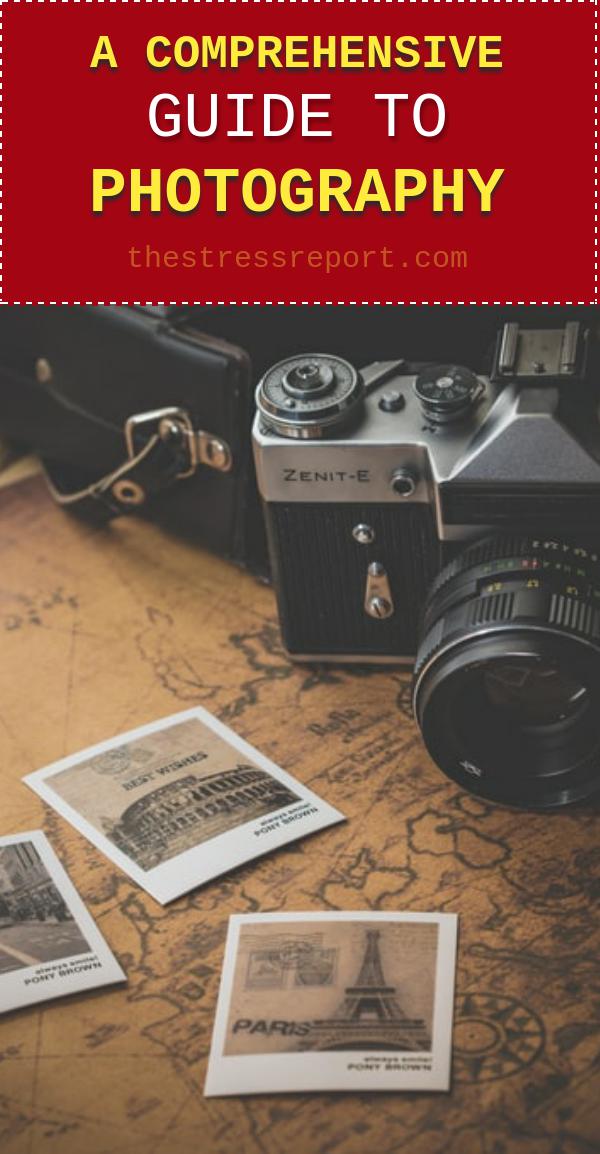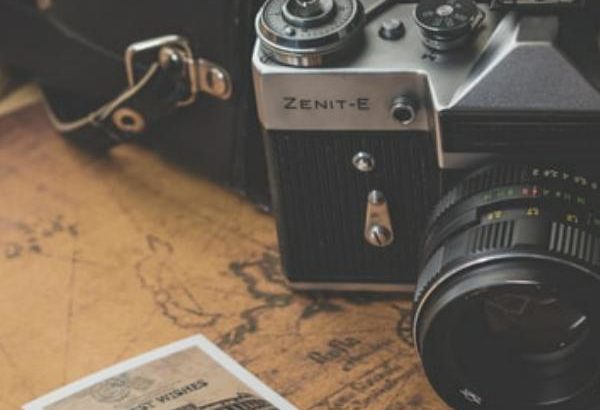A Comprehensive Guide to Photography
Photography is a form of art that can be learned and perfected. Learning how to shoot photos in different lighting situations can be beneficial.

A great advantage of taking pictures is the ability to print photos. Photography is not just a hobby. You can be a professional photographer if you know how to shoot photos in different lighting situations.
In using different camera settings, a photographer can create the effect of mood and atmosphere. At times it can be difficult to get the right combination of light and shadows in a photo. With some practice, you can learn the skill to manipulate light and shadow in the photo. You can also learn to work with various lighting options.
Take the time to make your own photographs. It will be an enjoyable experience as you are involved in taking photos of yourself and your friends and family.
If you are interested in learning photography, you may want to enroll in a photography class. You can find photography classes that are offered by universities and colleges as well as online.
Different classes focus on different topics. The degree requirements for photography vary depending on what course is being studied. Some of the major subjects to be covered include technical aspects of photography, photography history, basic photography techniques, learning about light and photo reproduction, photography subject analysis, the psychology of photography, creative uses of the camera, artistic vision, digital photography, digital editing, composition, shooting in the dark, creative image manipulation, working with different types of film, color and black and white photography, composition, visual artistic skills, landscape photography, light and shadow, and more.
Many college students go on to earn a Bachelor of Arts in Fine Arts (Fine Arts) in Photography. They will likely specialize in one of several areas of photography. Some of the options for the Bachelor of Arts in Photography include; fine art photography, digital photography, motion picture and video photography, architectural photography, landscape photography, fashion photography, and more.
The focus of photography education should include what subjects and/or art forms are taught at a high school or college. After completing the course, the student should decide which area of photography interests them and explore the areas of photography that interest them.
Many colleges offer photography education programs that allow students to earn a diploma in a shorter period of time than it takes for college students to complete a Bachelor’s degree. This allows them to earn their degree in just two years instead of four or five years.

There are other photography classes that focus on different types of photography. Courses for photographing holidays and other special occasions, still life photography, travel photography, and portrait photography are all available for the student.
Current or former professionals who wish to further their knowledge can join on to photography websites and get a mentor. These instructors have a great deal of experience and it would be a good idea to follow their advice on how to take better photos. These websites allow students to become better photographers.





